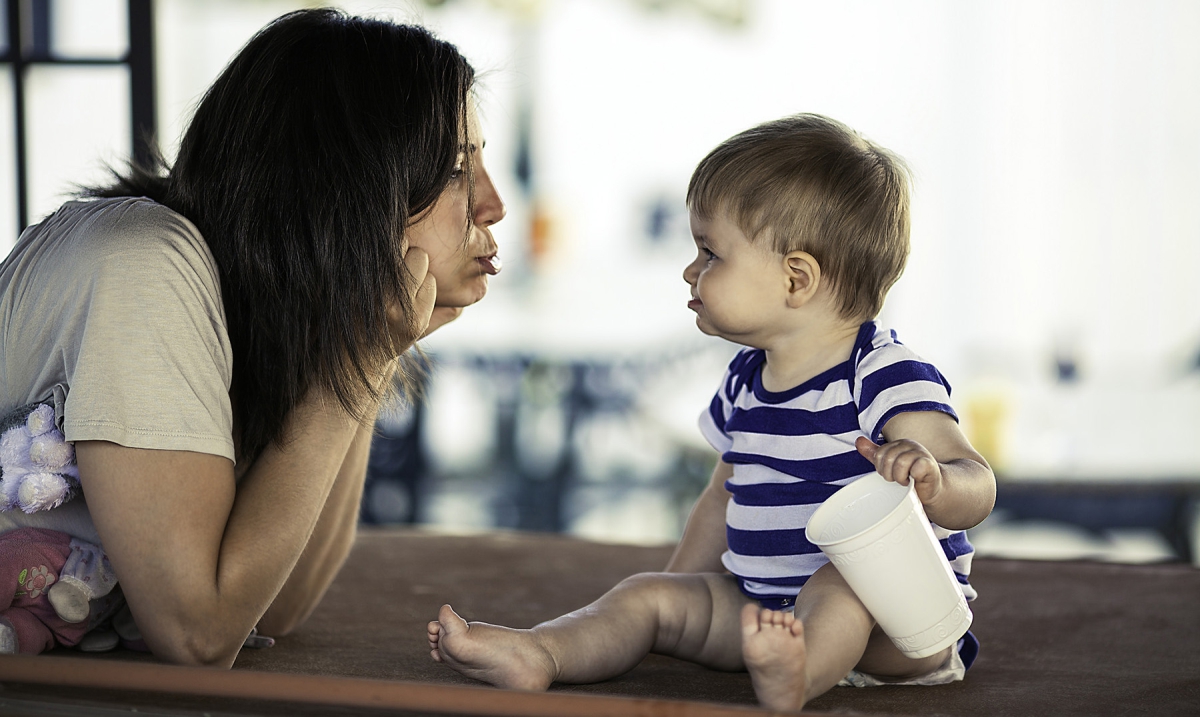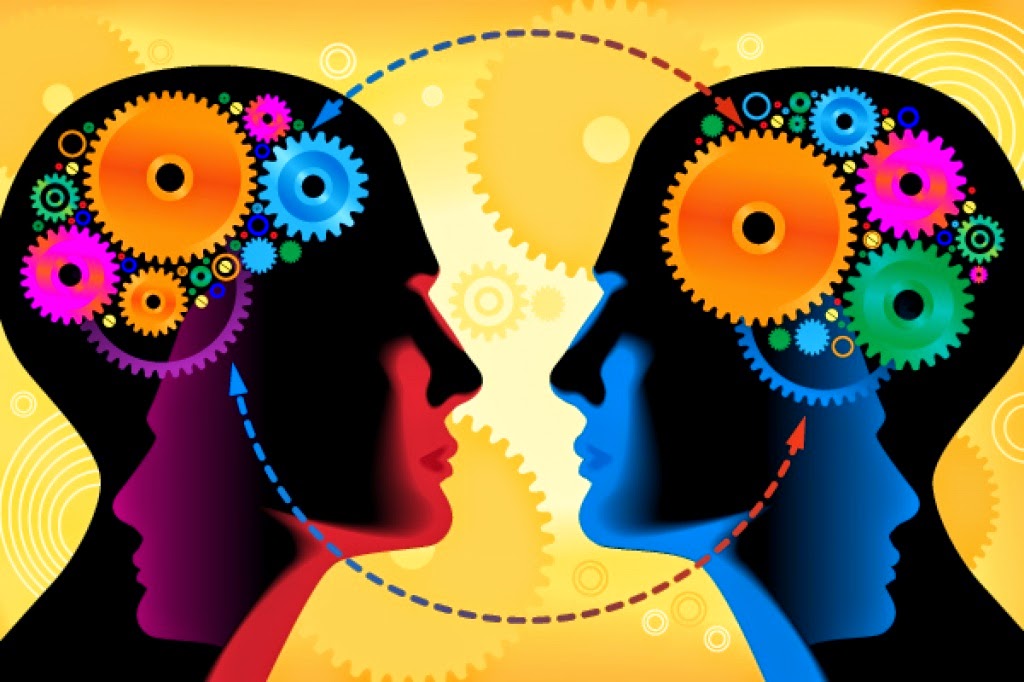
“Put yourself in the child's shoes, enter his child's mind and try to think how he feels.
How would you feel if you were in their place?
Alvaro Bilbao
What is empathy?
We can define empathy simply as the ability to understand what others feel and thinkWhat we commonly call “putting ourselves in someone else’s shoes” is a complex exercise that requires training. Unlike sympathy, in which we agree on the perspective or experience of something, in empathy we do not necessarily agree, but we can understand the other person. (Bilbao, 2018). This quality has an affective component and a cognitive one. The first is the ability to intuitively understand how the other feels and to feel concern for him, while the cognitive component is that through which one attempts to access another's perspective, through a conscious exercise (Hughes, 2017; Mestre, 2014)In this process, we need to be able to identify our own perspective, as well as our personal emotions and experiences, in order to then access those of the other as a different being.
Being empathetic with children is essential to help them have healthy emotional development.

We understand that empathy from adults towards children is one of the most important elements to accompany them and to be able to work with them, whether in the family or school environment. We need to be empathetic in contact, to take care of their emotional development and accompany their stages of growth in a healthy way and, in addition, to take care of our bond with them on this path.
Because so important?
On the one hand, it is essential for the development of the emotional regulationl, which is the ability to manage emotions appropriately (Bisquerra, 2019). We know that in order to achieve it, it is necessary that there exists, first of all, a significant external reference, that is, mother, father or another close reference, with whom we connect emotionally. This person regulates the experiences for us and manifests them to us, so that we can then internalize them as personal experiences (Hughes, 2017)In other words, to understand our emotions and be able to regulate them appropriately, we need someone from a young age who understands us, who empathizes with us, who interprets our needs and then expresses with words and gestures, like a mirror, what we may be feeling.

“You are crying because you are hungry”, “you are upset because you are sleepy”, “mommy leaving makes you feel sad”, these are very frequent and natural verbalizations during the first years of life, and it is something that we should not lose when children grow up. Many times, although they know how to speak and express a large number of simple and other more complex ideas, they cannot put into words what they feel. In this case, we must lend them, as adults, our interpretation and vocabulary, so that they later learn to name them for themselves, as a path to emotional self-regulation.
On the other hand, Alvaro Bilbao (2018) explains in his book “The Children's Brain Explained for Parents” that, in order for children tos coherently transit an experience (anger, joy, disappointment,...) it is necessary to have, on the part of the adult, a empathic response that responds to the child's needs and emotions in a congruent way. In some way, by naming it, it takes on a sense of reality for the child that allows to go through the emotion in a more serene wayThe author adds that, at a cerebral level, the reason why empathy is such a powerful tool is that, when we respond to people in an empathetic way, neural connections are produced between the emotional and rational areas, which generates great relief in the person.
In turn, if we promote positive emotional development in children from a young age, we are taking care of one of their most important tools for growing in a healthy way, which will allow them to develop in the areas they want. We know that empathy, from its affective and cognitive understanding, is a very powerful predictor of helping behaviors and is a central element in the Moral development and prosocial behaviors, actions that are carried out voluntarily and that seek a benefit for the person who receives it, in addition to presenting themselves as a factor aggression inhibitor (Mestre, 2014).
To achieve this with children and adolescents, it is necessary know the life stage that they are going through, the challenges that these imply and to focus on the needs that they manifest, each one from their particularity. In addition, it is very important that the adults who accompany us, in order to do so in an effective and healthy way, Let's get to know our own emotions, we can name and differentiate the type and degree of emotion we feel in different situations (Bilbao, 2018).
To keep in mind at home…
♦ Being empathetic allows us to get closer, help them through difficult times and take care of the bond with them.
♦ It is important to know the characteristics of boys particularly and the life stage where they are, with their needs and potential. Beyond the information that can be obtained from different media, educational representatives at school can be relied upon to clear up doubts about development and what is expected for each stage.
♦ It is necessary Knowing your own emotions and putting them into words in front of children. We must always be careful how we convey this to them, taking into account their age and the characteristics of the situation.
♦ Consider that the boys are experiencing many first time experiences, so we must understand the challenge and confusion that this transition means for them.
♦ When children express a difficulty, it is essential Do not devalue their demonstrationsOn the contrary, it is very positive that they express it and that they feel confident in their leaders to go to them and ask for help. It is key to give them the space to listen, without judgment.
♦ It is important ask them what they feel and investigate where their emotion might come from to try to put ourselves in their place.
♦ Being empathetic does not mean not setting limits. On the contrary, if we really manage to understand what the child is experiencing, the limits we set will be appropriate and much more effective.
Lic. Ines Abreu
→ BIBLIOGRAPHY consulted:
• Bilbao, A. (2018). The child's brain explained to parents. Barcelona, Spain: Plataforma Editorial.
• Bisquerra, R. (2019). Emotional regulation. Recovered from http://www.rafaelbisquerra.com/es/competencias-emocionales/regulacion-emocional.html
• Hughes, V. (2017). Bullying and Empathy Dynamics in Adolescents: A Comprehensive Look at School Coexistence (Master's thesis). Catholic University of Uruguay. Montevideo, Uruguay.
• Mestre, V. (2014). Prosocial development: parenting and school. Mexican Journal of Research in Psychology, vol. 6 (No. 2), 115-134. Retrieved from https://www.medigraphic.com/cgi-bin/new/resumen.cgi?IDARTICULO=70548
• To go deeper:
→ https://alvarobilbao.com/